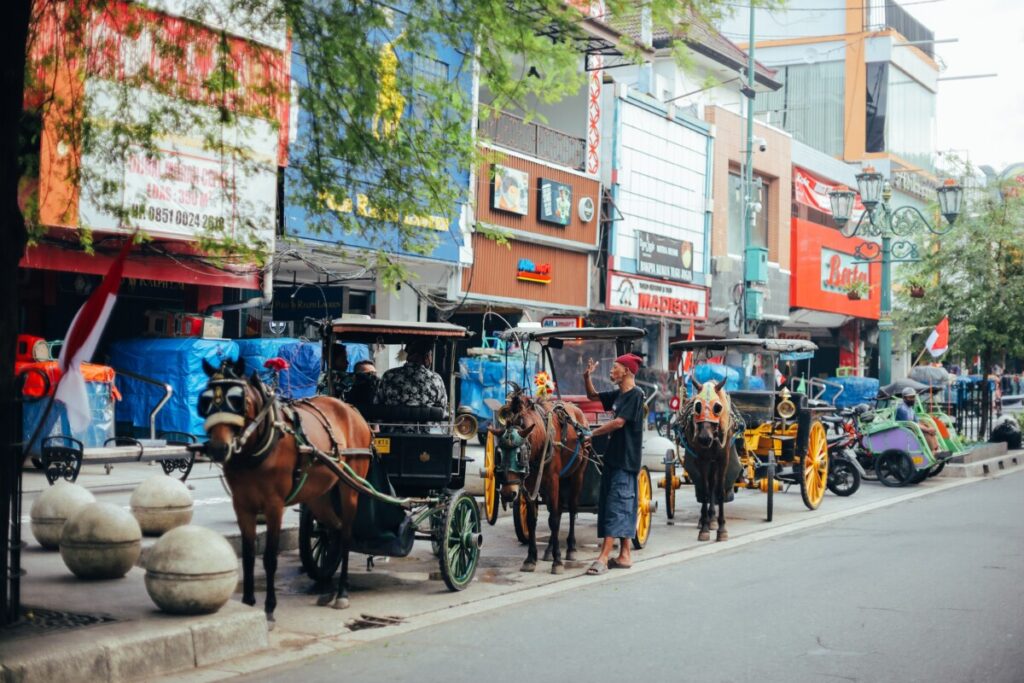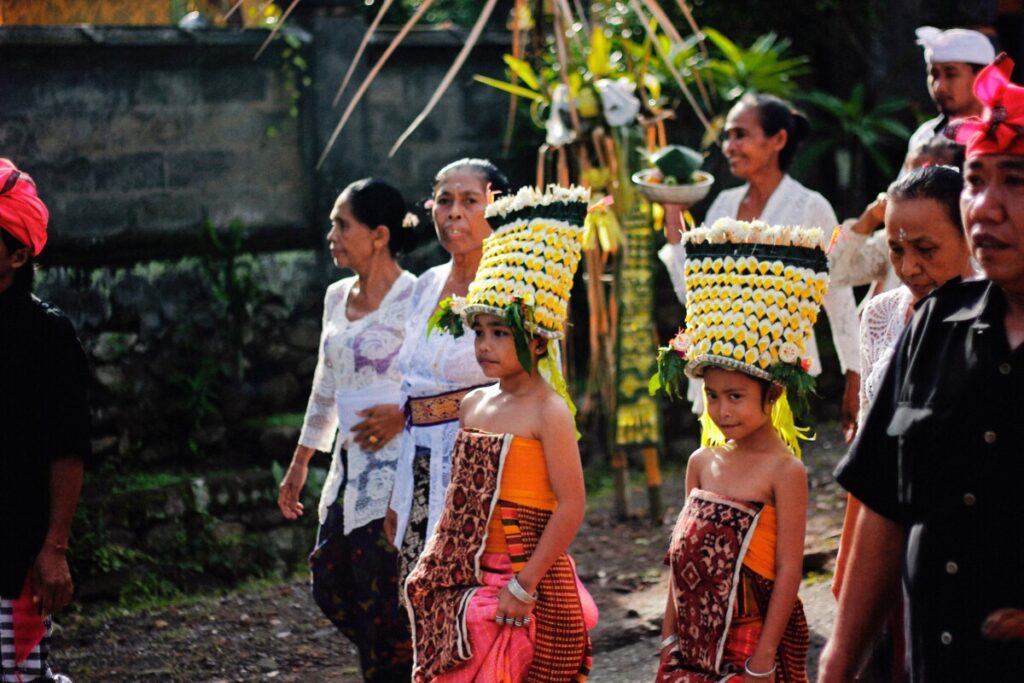The charm of Indonesia lies not only in its scenic beauty but also in its rich culture. As the world’s largest archipelago with over 17,000 islands, Indonesia is a melting pot of traditions. Travelers eager to dive deep into this cultural tapestry should be well-versed in local etiquette. Let’s navigate this together.
Beginning with a Warm Welcome
While a genuine smile is universally appreciated, Indonesians have their unique greetings for different times of the day. A morning greeting, “Selamat Pagi” (Good Morning), or an afternoon acknowledgment, “Selamat Siang” (Good Afternoon), often builds a friendly rapport with the locals.
Dressing to Respect
The tropical climate might make shorts and tank tops seem ideal. However, in most parts of Indonesia, conservative attire is the way to go. When visiting religious places, women should wear dresses that cover the knee. Similarly, shoulder-covering tops or scarves are essential. Men should avoid wearing shorts in such locales.
Feet: Show Respect by Being Mindful
The cultural significance attached to feet in Indonesia is deep-rooted. Never use your feet to point at objects or people. When sitting, avoid showing the soles of your feet to others, as it’s deemed disrespectful.

The Right Hand Holds Importance
Always use your right hand, from handshakes to handing over money at the market. The left hand, typically associated with personal hygiene tasks, can be perceived as unclean. Even if you’re left-handed, adapting to this custom will show respect for local sensibilities.
Dining Etiquettes: Savor with Sensibility
Indonesian cuisine is a delightful blend of flavors. When presented with a plate of tempting dishes, remember to wait for the eldest person to commence eating. It’s a mark of respect. Also, once you’re done, don’t clean up your plate entirely. Leaving a small portion indicates satisfaction.
Religious Practices: Tread with Reverence
Indonesia’s population primarily follows Islam. During the holy month of Ramadan, it’s considerate to avoid eating and drinking openly during the day. Even if you’re not Muslim, understanding and respecting their fasting is crucial. While mosques welcome visitors, always seek permission and dress appropriately.

Gifting: An Art of Showing Respect
Planning to visit an Indonesian family? A thoughtful gift will be a cherished gesture. It doesn’t have to be extravagant, but make sure it’s wrapped aesthetically. Also, avoid gifts that contain alcohol or pork, considering the majority’s religious beliefs.
Patience is the Key
Despite the modern advancements, traffic snarls are common in cities like Jakarta. Rather than showing irritation, embrace the “jam karet” (rubber time) attitude. It’s the Indonesian way of understanding that some things take time.
Sacred Sites Demand Sacred Behavior
Historical sites, like the grand temple Borobudur or the serene Uluwatu Temple in Bali, demand specific behavior. Wearing a sarong is not just tradition, but a mark of respect. Following guidelines ensures these sites remain respected and preserved.

Communication: Understand the Unspoken
While Bahasa Indonesia is the official language, understanding non-verbal cues is equally essential. A gentle nod or a smile speaks volumes. Also, direct eye contact during conversations might be perceived as challenging or confrontational, so be mindful.
Conclusion
Traveling to Indonesia offers a unique blend of experiences. With diverse cultures, landscapes, and traditions, it’s a haven for explorers. By understanding and respecting the local etiquette, you not only make your journey smooth but also enriching. Engage, respect, and cherish every moment in this beautiful archipelago. Safe travels!